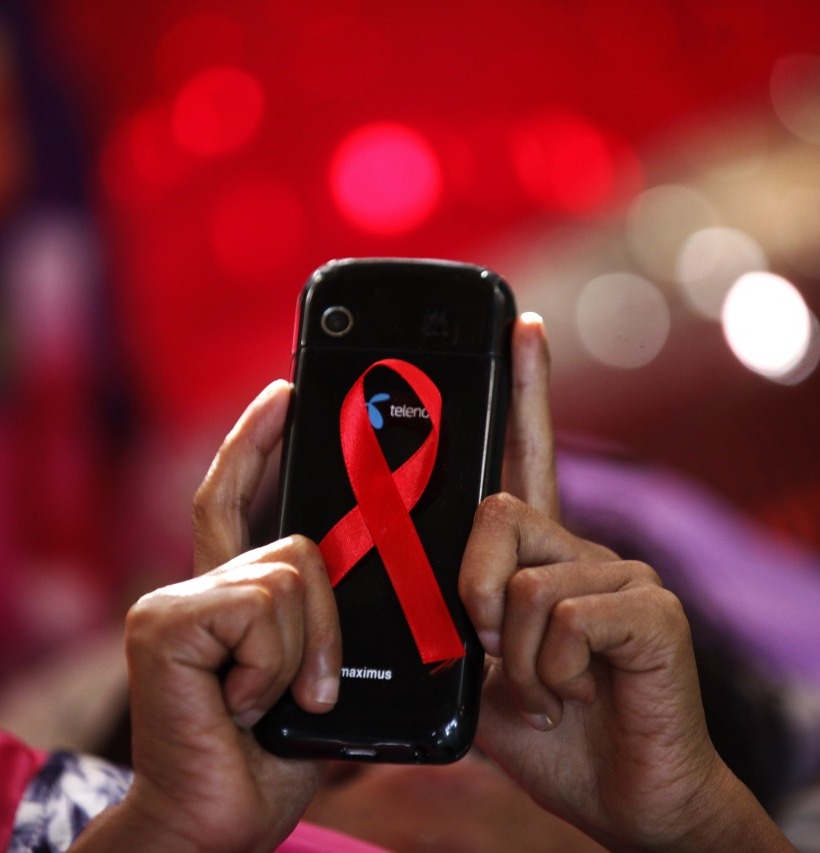HIV’s ability to cause AIDS is weakening over time, study finds
Rapid evolution of HIV is slowing its ability to cause AIDS, according to a study of more than 2,000 women in Africa. The research suggests a less virulent HIV could be one of several factors contributing to a turning of the deadly pandemic, eventually leading to the end of AIDS. Philip Goulder, a professor at Oxford University, and his team conducted their study in Botswana and South Africa — two countries badly hit by AIDS. They first looked at whether the interaction between the body’s natural immune response and HIV leads to the virus becoming less virulent or able to cause disease.
Overall we are bringing down the ability of HIV to cause AIDS so quickly. But it would be overstating it to say HIV has lost its potency — it’s still a virus you wouldn’t want to have.
Philip Goulder, a professor at Oxford University who led the study
Using a mathematical model, the scientists found that treating the sickest HIV patients — whose immune systems have been weakened by the infection — accelerates the evolution of variants of HIV with a weaker ability to replicate. Some 35 million people currently have HIV, and AIDS has killed around 40 million people since it began spreading 30 years ago. But campaigners noted on Monday that for the first time in the epidemic’s history, the annual number of new HIV infections is lower than the number of HIV positive people being added to those receiving treatment, meaning a crucial tipping point has been reached in reducing deaths from AIDS.

Health hiv weakening